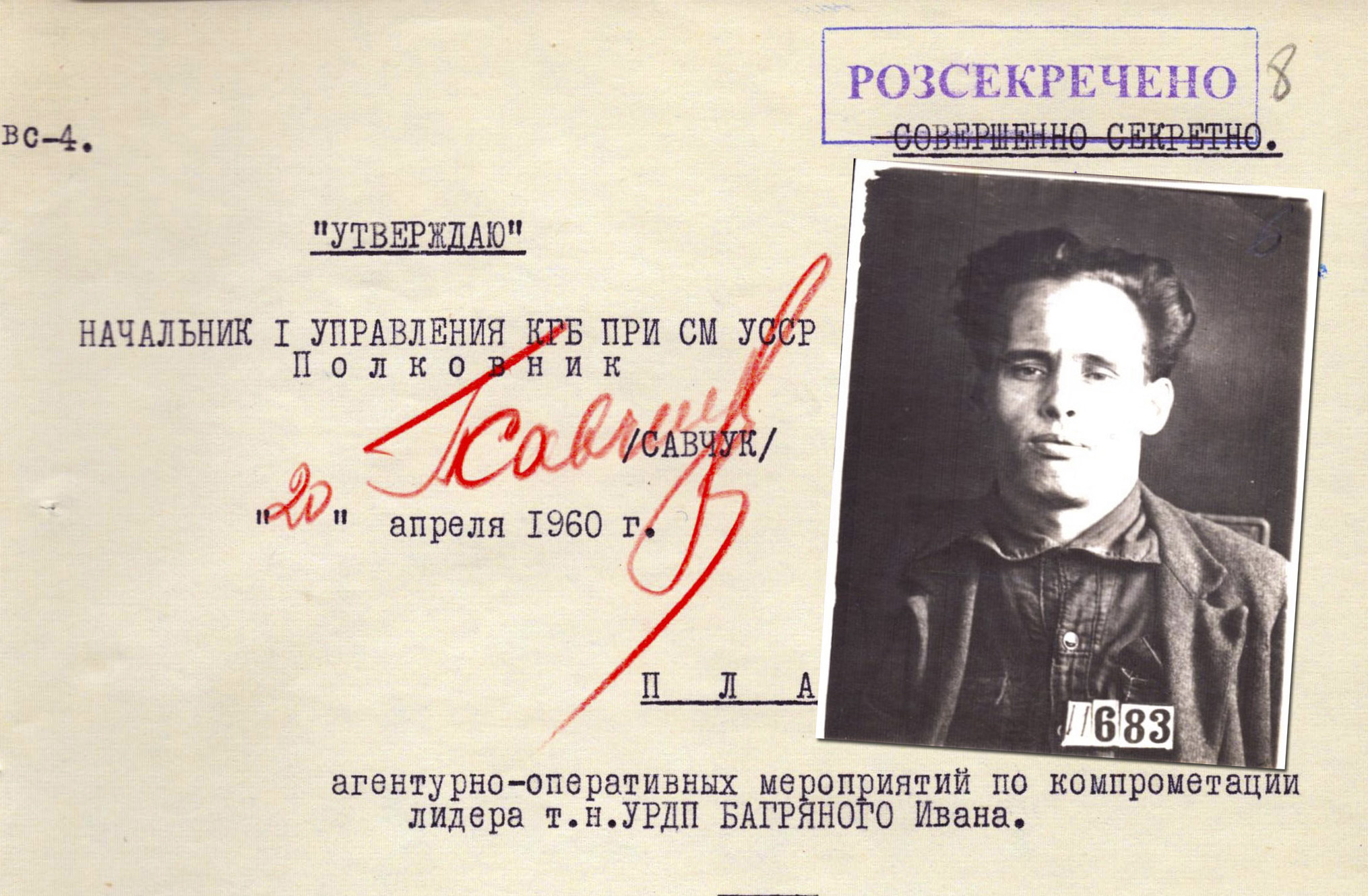The UPR’s School of Intelligence
1/24/2022

In 1919–1920, an Intelligence Officers Training School functioned in the system of special services of the Ukrainian People's Republic. Despite the fact that the leadership of the Armed Forces of the Republic, which constantly cared about conduct of hostilities on several fronts, could not cope with everything at once, the issue of training intelligence staff was important. Archival documents tell us how the education at that school was organized.
The management of the school consisted of the Director (subordinated to the Minister of Military Affairs himself), his assistant and clerk. This is stated in a document entitled “Intelligence Officers Training School”, which is stored in the Central State Archive of the highest authorities of Ukraine (TsDAVO of Ukraine. - F.1078. - Op.2. - Case.70. - P. 48).
The Director of the School was a military or civilian person who was well versed in the work of special services. Teachers could be military or civilians depending on the need. The School was to train professionals capable of organizing intelligence units in the enemy's rear in the occupied territories and providing information to the Center. The term of study was 1 year. During that time, the cadets had to master both general and special knowledge in order to further perform the tasks of intelligence, counterintelligence work, conduct sabotage activities, fight economic crimes.

“Both, military senior officers and Cossacks, as well as absolutely private persons with appropriate education not younger than 18 and not older than 30, of exclusively Ukrainian nationality could be invited” to that special educational institution.
Military senior officers for the period of study at the School were considered temporarily seconded from their military units and were paid as in their previous positions. The Cossacks had the same status, and were paid by order of the Director of the School from the local quartermaster. “Individuals”, the document says, “are accepted as young military volunteers and from the moment of entering the school are considered to be in military service”.
Women not younger than 18 and not older than 25 could also enter the School and were enlisted as nurses.
There is currently no information on the special training of those enrolled in the School. At the same time, the document lists the general subjets that the cadets had to master. Among them - political economy, political geography, statistics, Ukrainian language, foreign languages (German, French, Polish, Romanian), basics of law, economic geography, commercial accounting, arithmetic and paper-work management, commodity science, applied chemistry and pyrotechnics, shorthand, military training, gymnastics and others.
At that time, a regulatory framework had already been created, which in general terms defined the main tasks, directions, peculiarities of intelligence activities, in particular, “Instructions for Foreign Military Agents at Missions (Intelligence)”, “Instructions for Military Agents and Acting Agents”, “Instruction for the State Information Bureau” and other documents on the organization of daily work abroad. Those instructions were carefully studied by the cadets of the School.
The “Intelligence Officers Training School” had the task to “comprehensively educate the cadet and help him/her do the intelligence work the best they can, which in turn should determine the military, political and economic situation in the U.N.R.”
After graduation, its graduates undertook to serve in intelligence and counterintelligence units for at least three years and were to be used as agents in the most acute and responsible spheres of work. Many of them had the status of non-staff secret employees. The plan was to train agents of various specialties, including resident agents for intelligence and counterintelligence, agents-walkers, communications agents, etc.

Further service in the specialty was mandatory. Moreover, there was strict liability for evading this. In this regard, it was emphasized: “After graduation, no one has the right to refuse to take those positions in state institutions of the U.N.R., which will be offered to them, and for evasion of service are subject to military court as deserters”.
Of course, in the context of large-scale hostilities, evacuation of the government from one city to another, lack of qualified personnel and sufficient funds to finance the planned activities, it was very difficult to organize the full functioning of the School in that historical period. But despite the difficulties, such work was still being done, and it allowed intelligence units to replenish their ranks with new personnel.


